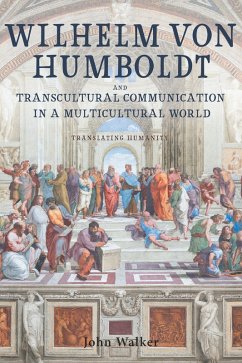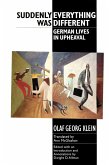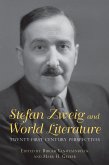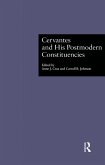Shows that the work of Wilhelm von Humboldt (1767-1835) forms a philosophy of dialogue and communication that is crucially relevant to contemporary debates in the Humanities.
Wilhelm von Humboldt (1767-1835) is the progenitor of modern linguistics and the originator of the modern teaching and research university. However, his work has received remarkably little attention in the English-speaking world. Humboldt conceives language as the source of cognition as well as communication, both rooted in the possibility of human dialogue. In the same way, his idea of the university posits the free encounter between radically different personalities as the source of education for freedom. For Humboldt, both linguistic and intellectual communication are predicated firstly on dialogue between persons, which is the prerequisite for all intercultural understanding.
Linking Humboldt's concept of dialogue to his idea of translation between languages, persons, and cultures, this book shows how Humboldt's thought is of great contemporary relevance. Humboldt shows a way beyond the false alternatives of "culturalism" (the demand that a plurality of cultural and faith-based traditions be recognized as sources of ethical and political legitimacy in the modern world) and "universalism" (the assertion of the primacy of a universal culture of human rights and the renewal of the European Enlightenment project). John Walker explains how Humboldt's work emerges from the intellectual conflicts of his time and yet directly addresses the concerns of our own post-secular and multicultural age.
Wilhelm von Humboldt (1767-1835) is the progenitor of modern linguistics and the originator of the modern teaching and research university. However, his work has received remarkably little attention in the English-speaking world. Humboldt conceives language as the source of cognition as well as communication, both rooted in the possibility of human dialogue. In the same way, his idea of the university posits the free encounter between radically different personalities as the source of education for freedom. For Humboldt, both linguistic and intellectual communication are predicated firstly on dialogue between persons, which is the prerequisite for all intercultural understanding.
Linking Humboldt's concept of dialogue to his idea of translation between languages, persons, and cultures, this book shows how Humboldt's thought is of great contemporary relevance. Humboldt shows a way beyond the false alternatives of "culturalism" (the demand that a plurality of cultural and faith-based traditions be recognized as sources of ethical and political legitimacy in the modern world) and "universalism" (the assertion of the primacy of a universal culture of human rights and the renewal of the European Enlightenment project). John Walker explains how Humboldt's work emerges from the intellectual conflicts of his time and yet directly addresses the concerns of our own post-secular and multicultural age.
Dieser Download kann aus rechtlichen Gründen nur mit Rechnungsadresse in A, D ausgeliefert werden.









